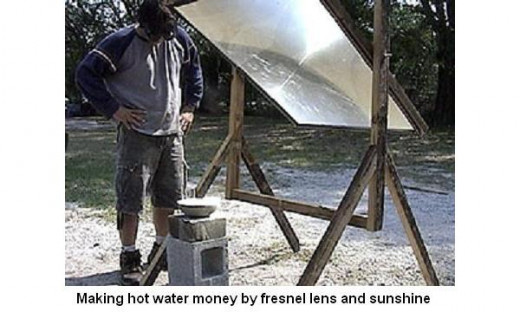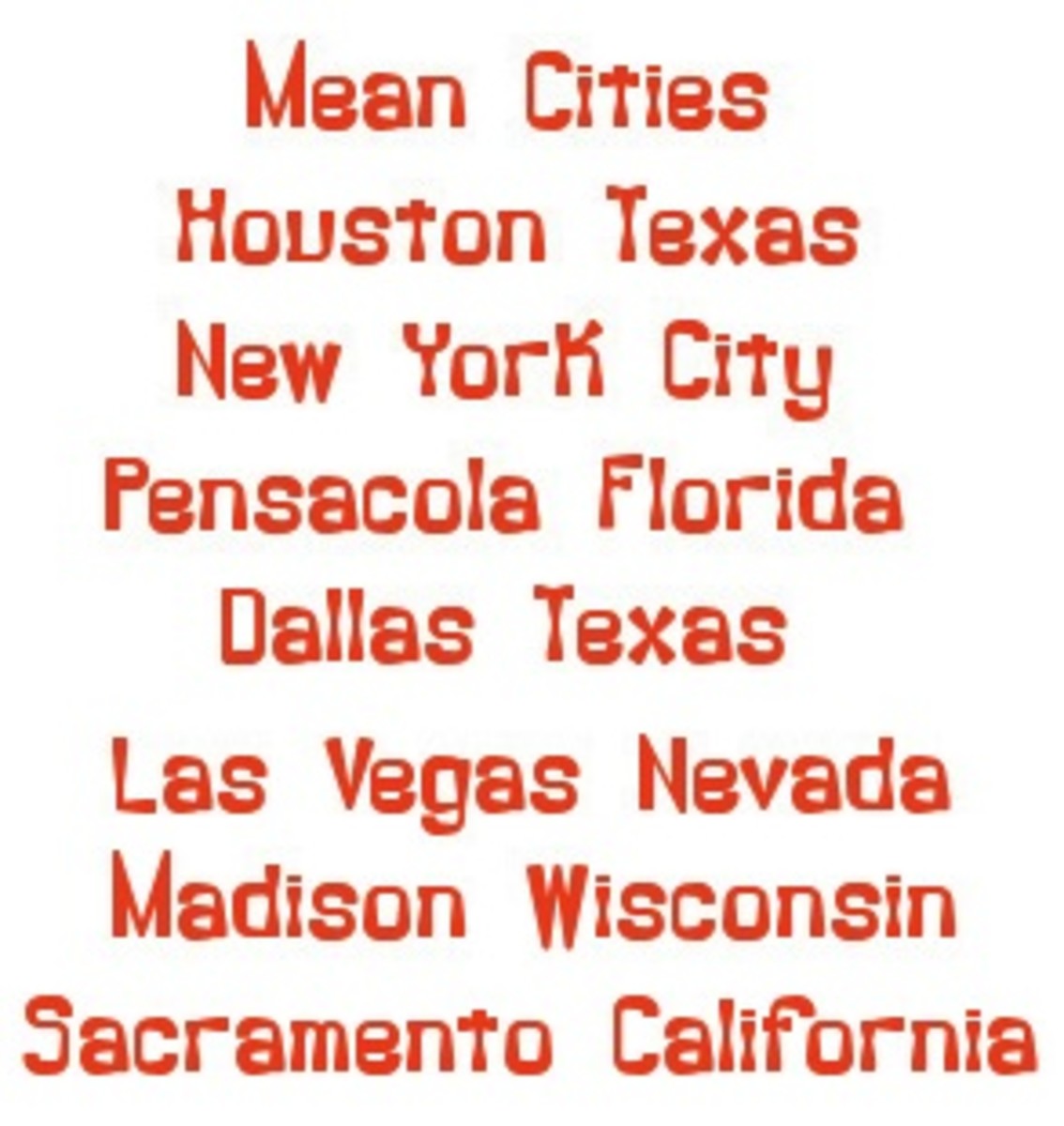Money for Everybody
Earth has two kinds of tenants anyone may know: people with money and those without. Scholars of money are aware of it and may be inspired by it, as well as of the fact that the kind with money generally makes more money than the other kind.
What would the world be if everybody has money? It could approximate utopia, but if ever it manifests on Earth it may not likely be because many of society's richer part became charitable.
Yet despite the odds against it the happy phenomenon may come to pass through other means, because it is natural for modern times to come up with nice things sometimes.

Society and types of money
A society may circulate as medium of exchange among constituents either or both of the following two types: (a) actual money, and (b) proxy money.
It may use as actual money something in its existing form that is considered by most as valuable, and/or use proxy money something that represents its valuables.
An actual money may be something that may be consummable and/or much useful which the society highly value and is acceptable as money among constituents, like livestock. Usage though over time may affect or ulimately deplete a specific actual money form's value.
At southern Sudan in East Africa for example, cattle are actually used as actual money by the Nuer people in their dealings, and may also be consumed (in "Husbands and Lovers" reference# pb1).
Proxy money on the other hand, as representative of a society's valuables unlike actual money may not or should not be consumed, and have no apparent utility other than its role as money. Generally any form of proxy money may not have its value affected nor depleted by normal usage, and is usually made to be carried conveniently.
Material valuables (like gold) of a society may back or guarantee proxy money. The money type is used by most societies in modern times for internal dealings among constituents, with the Us dollar or USD being among the more readily recognized symbol in inter-societal relations.
An exceptional form that may be proxy money is used by the Yapese people in a South Pacific island. Gigantic stone coins (with a relatively small hole in the center) as big as cartwheels are used, with each coin value being representative of the number of people who died in its transportation from a quarry 250 miles across the sea (reference# pb2).
The Yapese coin may not change location with each transaction, remaining rather wherever it was originally dropped.
Supply is a big factor in the circulation of money that, combined with an inclination in people to amass and/or hoard anything valuable sets up and aggravates conditions that generate rich and poor people, with the latter generated ever more rapidly than the former as time passes.
Societies that use proxy money may have a setup called "underground economy" that is helpful to the not-so-rich who have financial difficulties. Even that setup however may hardly be useful, if ever, to the society's really destitute.
Use of actual money by societies that attain complexity may be dropped sometime in the course of development. It could have consequences unfavorable for society however, as actual money may have forms that can help constituents with little or without proxy money.
Societies that advanced to proxy money usage may retain or use again some form of actual money, with the constituents using either or both types of money where applicable. It is with the poorer sectors of a society that the simpler actual money if existing may have ready application.
Hot water money by firewood

Solar water heaters
Hot water money acquisition and usage
Energy contained by convenient forms may be used by various sectors of society. The form as actual money may be used by the poor to buy needs from richer sectors if containment was relatively simple and not costly. Among these forms may be hot water.
The feasibility of cash flow for the poor by hot water may be judged from a system studied to provide a village with hot water from the village well where solar water heater was installed.
Distribution of hot water was done through pails carried by residents from the heater back to their homes (reference# pa1).
The water flow may be reversed for an altered system, with hot water from different sources brought by people to some kind of store/money changer where the water money may be used to buy items or exchanged for the equivalent value of proxy money.
Many uncomplicated ways may be used by individuals to get hot water, through various natural sources like sunshine as well as hot springs or other convenient sources of Earth's heat. Artificial sources may be utilized as well.
Procedures as simple as leaving a number of small appropriate containers or bottles in sunshine to be collected after a few hours may provide enough hot water acceptable as actual money of sufficient worth that could help the poor.
Water heated by more conventional methods through cauldron or boiler may also be used as hot water money by people with sufficient available fuel.
Hot water exchange regulation
The cash flow/exchange may be regulated by reliable organizations or entities that manage the store/money changer functioning like middleman between buyer and seller of items as well as like bank.
Initially the managers may be government bodies involved with social welfare, charitable institutions and the like. Later maybe continued use of hot water money could show profit possibilities and other organizations or private businesses may move in.
A standard monetary value for hot water may be derived based on electrical consumption needed to heat water from normal to some acceptable higher temperature and the likely cost of electricity in the locality of store/money changer. Approximate monetary values may be sufficient for transactions where accurate values is not practical.
As an actual form of money hot water has certain properties favorable to the society's economy as well as to social welfare:
(1) Hoarding if done by someone has little effect on money circulation (and the economy) as hot water money may be renewed by others and inputted to the monetary system. The money
may not be hoarded for long too and best spent as soon as possible after it is made or received.
(2) Making water money is specially favorable as income for the poorer sectors of society (the monetary potential value may not interest most people with sufficient proxy money).
(3) Natural heat for making money is abundant and may provide unlimited money to those who work for it.
Energy storage other forms
If a form of actual money is as convenient to use as proxy money forms, the former money may be as popular and may be as much circulated as any proxy money, if not more.
Hot water money though whatever its possibilities in the modern economy would be too cumbersome for big monetary values and may have popularity only among the low or the no income (proxy money) groups.
However a variety of other energy storage forms (like electric batteries) also exist that, though bulky now, may get smaller and better as modern technology develops. One day in a not too far future one or more of these forms may be convenient enough for use as actual money.
Convenient forms that hold usable energy could be a means in productive communication and exchange between disparate constituents in society, as well as between disparate societies or other kinds of entity.
Business deals or other interactions may proceed with them, under situations where communication difficulties may exist, including transactions where proxy money and/or whatever the money represents may be meaningless and unusable.
When the time comes for mankind to do business someday with extra-terrestrial and/or non-human intelligences, outside Earth as well as on Earth, deals may be done with convenient energy storage forms, like electric batteries.
Currently electric batteries are subject of ongoing and much attention in research/development as rechargeable energy source to power electric vehicles. Also promising and researched are flywheel systems, a less known but compact form of rechargeable power store.
Energy in any convenient form as time passes should be increasingly valued by mankind's societies, and by constituents.
In some future time amassing proxy money if still circulating may no longer be a favorite personal pursuit, as wealth may be measured better by stored energy available to an individual or entity.
One favorite way to riches then may be to hoard energy thru electric batteries, and doable with clearer conscience as doing so may have little effect on the making of poorer individuals or poorer entities.
Hot water money and racial survival
For the present up to at least the near future the longevity of human civilization as well as possibly the human specie may be questionable because of global mass poverty in human society.
The lucky portion of human society that may not consider itself poor in terms of proxy money ownership may be quite small percentagewise and that condition seem to worsen fast over time. Ownership of actual money through the easily made or acquired hot water may provide quick relief for masses of individuals and ultimately improve society’s long term survival chances.
Making hot water money somehow as valuable as possible, especially for that lucky better endowed portion of society, could transform this bundle of energy to that very desirable and necessary stuff in human experience called “”money”, especially for the less endowed unlucky portion.

Printed references
pa1. "Direct Use of the Sun's Energy"
topic 'Simple Water Heater' in chapter titled 'Heating Water'
(1980 book, authored by Farrington Daniels)
pb1. "Husbands and Lovers"
(article in 'Science Digest' magazine for March 1981 by Cherry Lindholm and Charles Lindholm)
pb2. "Systemantics", "How Systems Work and Especially How They Fail"
chapter XII titled 'Applied Symantics 3: Taming Systems'
(1977 book, authored by John Gall)









